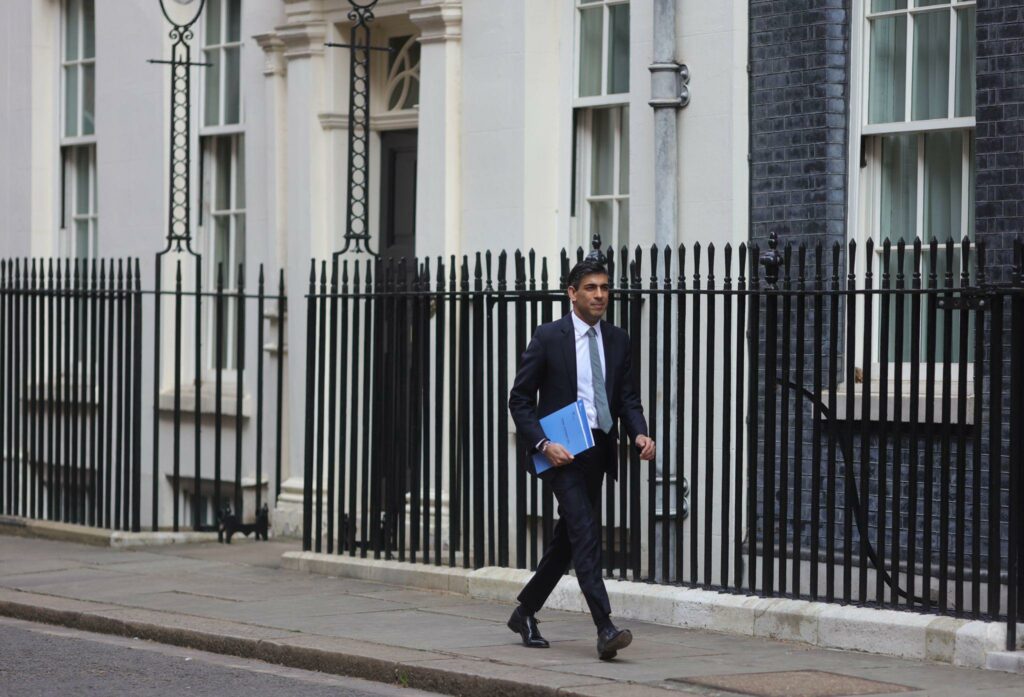VAT on energy efficiency measures are to be cut to 0%, Chancellor Rishi Sunak has announced as part of his Spring Statement.
Speaking in the House of Commons this afternoon (23 March), the Chancellor unveiled his mini-budget amidst the energy and cost of living crisis.
The cut to VAT on solar panels, heating pumps and roof insulation from 5% to zero for five years will help families become more energy efficient, Sunak said. Due to the cut, a household installing solar panels on their homes will see £1,000 in savings, and then £300 on energy bills annually.
It follows calls for VAT reductions from charities, companies and trade associations, including Solar Energy UK, which has been a vocal supporter of the change.
“Removing VAT on energy efficiency products such as insulation is an immediate boost for families facing soaring gas bills. But there are lots more tools within the Chancellor’s grasp for getting off Russian gas and reducing household bills,” said Jess Ralston, analyst at the Energy and Climate Intelligence Unit.
Beyond VAT: little short-term support for consumers
Beyond the welcome changes to VAT, the Spring Statement included little additional support for consumers amid continued high energy prices. In April, the energy price cap is jumping by 54% to £1,971 on the back of surging gas prices throughout 2021 as the global economy picked up pace following COVID-19 lockdowns.
However, power price volatility has further increased over the last month due to the Russian invasion of Ukraine. This has led to analysts predicting the price cap will once again surge by over 50% in October.
Sunak announced he was doubling the household support fund to £1 billion. This will be provided to local authorities from April, which will be able to use it to support vulnerable households to meet the cost of essentials such as food, clothing and utilities.
He also pointed to measures unveiled in February, including a one-off repayable £200 loan, a £150 council tax rebate and a discretionary fund to help households manage the increase over the summer.
Business rates relief is also to be brought forwards by a year to support SMEs amid high power prices. In Sunak’s budget in October 2021, he announced that there would be no business rates on a range of green technologies including solar panels and batteries from April 2023.
This move will now come into effect in April 2022, as well as eligible heat networks now also receiving 100% relief. These will collectively save businesses more than £200 million over the next five years, according to the government.
Other measures included in the Spring Statement include a cut to fuel duty of 5p/litre for a year, a £3,000 rise in the National Insurance threshold, continued reform to research and development funding and plans for a cut to capital investment tax from autumn, amongst others.
Following Sunak’s unveiling of the statement, Labour’s shadow chancellor Rachel Reeves said: “Today was the day the Chancellor could have put a windfall tax on oil and gas producers to provide real help to families. But he didn’t.”
She continued to criticise the cut to VAT as “wholly inadequate” when faced with the energy crisis, and highlighted that a windfall tax on oil and gas majors would raise over £3 billion.
The Labour Party has repeatedly called for a windfall tax in recent months, along with the rollout of more renewables and energy efficiency measures amongst other support.
Prime Minister Boris Johnson is set to unveil a new Energy Security Strategy over the next week, in response to the volatility created by the Russian invasion of Ukraine.






